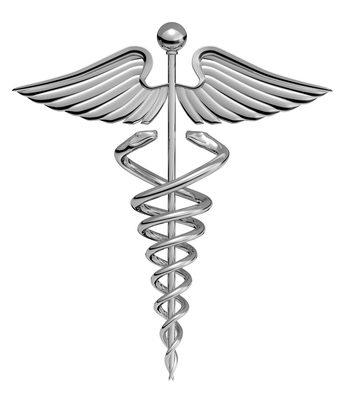 The pursuit of a Master of Health Administration Degree provides individuals with advanced skills as healthcare professionals. These skills are obtained through the variety of quality courses that this degree program often provides. With these skills, Master of Health Administration professionals are adequately prepared to manage a healthcare facility’s operations and patient care programs efficiently.
The pursuit of a Master of Health Administration Degree provides individuals with advanced skills as healthcare professionals. These skills are obtained through the variety of quality courses that this degree program often provides. With these skills, Master of Health Administration professionals are adequately prepared to manage a healthcare facility’s operations and patient care programs efficiently.
Five Popular Master of Health Administration Courses
Provided below is a detailed list of some of the common Master of Health Administration Courses offered through a college’s Master of Health Administration Degree program.
1. Epidemiology: This is one of the most popular of the Master of Health Administration Courses. Often, the Epidemiology Course consists of 3 to 4 credit hours, and it entails the causes, concerns, and solutions for disease outbreaks in society. The University of Michigan’s School of Public Health, which has been ranked as the best health administration school by U.S. News and World Report, includes this course as a fundamental component of its Master of Health Administration Degree program.
2. Health Information Technology: This is a smaller course that usually consists of 1 credit hour of study. The Health Information Technology Course is a compact, valuable component of almost any school’s Master of Health Administration Degree program. It provides individuals with the skills that are necessary for the development and integration of Health Information Technology as part of a medical facility’s health information recording and security operations.
3. Cost-Effectiveness Analysis in Health: The Cost-Effectiveness Analysis in Health Course is an essential component of any Master of Health Administration Degree program because it provides students with the skills that are needed to improve patient care in hospitals and medical facilities. This course focuses on the cost, benefit, and decision making procedures that are necessary to ensure proper, efficient, and quality patient care. Most often, the Cost-Effectiveness Analysis in Health Course consists of 3 credit hours of study.
4. Accelerated Biostatistics: Accelerated Biostatistics is another one of the most popular Master of Health Administration Courses that usually consists of 3 credit hours of study. Often, an Introduction to Biostatistics or Biostatistics Overview Course is required as a prerequisite to this course. The Accelerate Biostatistics Course provides instruction in probability distributions, hypothesis testing, and linear regressions to name a few. Often, these skills are used by professionals in hospitals and medical facilities to analyze patient information and data. Yale University, which has been ranked as the eleventh best university in the World by The World University Rankings, incorporates this course into its exceptional Master of Health Administration Degree program.
5. Healthcare Laws and Policies: The Healthcare Laws and Policies Course provides individuals with the skills that are needed to ensure that a hospital and/or medical facility is operating in an ethical, legal manner. These skills are essential to ensuring the maintenance of a moral, dependable, and compliant healthcare industry. This is one of the most essential Master of Health Administration Courses and consists of 3 credit hours of study.
